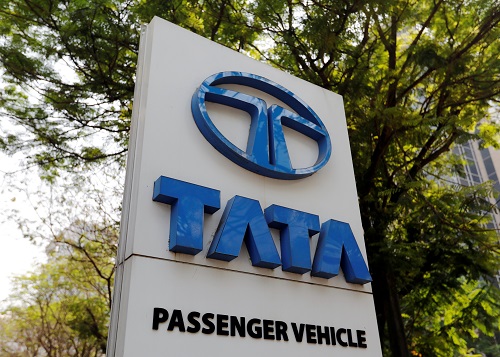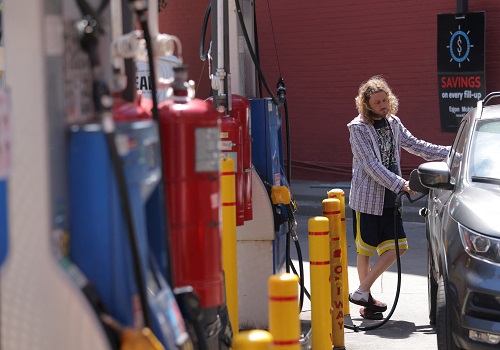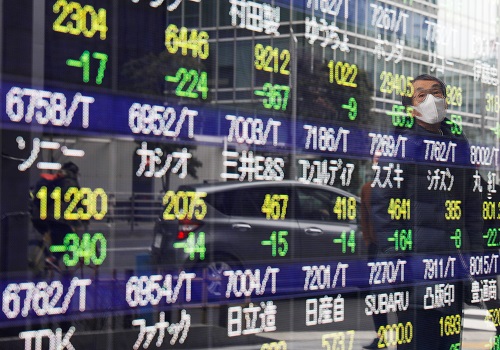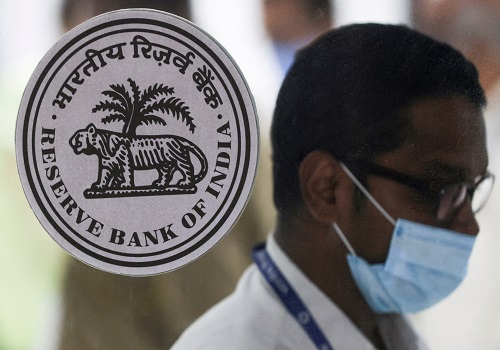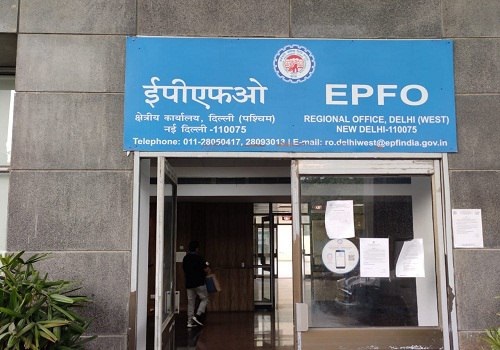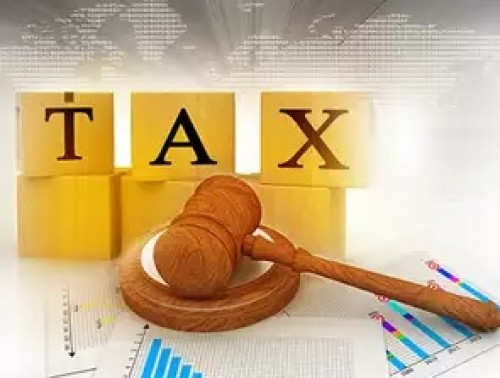Falling wage growth emerging as bigger worry in India: India Ratings
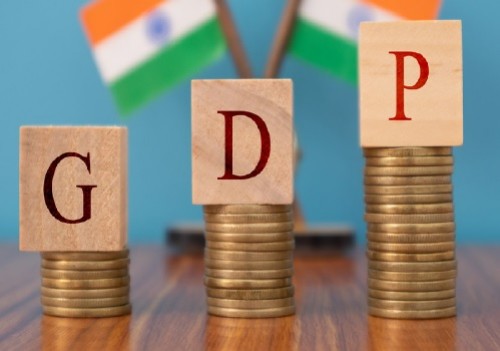
Follow us Now on Telegram ! Get daily 10 - 12 important updates on Business, Finance and Investment. Join our Telegram Channel
Despite economic recovery gains, India Ratings in its latest report has said that falling wage growth is emerging as a bigger worry in India as it leads to tepid demand and results in under-utilisation of capacity, further widening the output gap. According to the report, households accounting for 44-45 per cent of the GVA have witnessed a decline in nominal wage growth to 5.7 per cent during FY17-FY21 from a high of 8.2 per cent during FY12-16, implying that wage growth in real terms is close to just about 1 per cent. This worrying trend comes despite India seeing an overall economic growth of 13.5 per cent in the first quarter of the current fiscal.
The decline in wage growth at both the rural and urban levels translated into lower purchasing power of households. As per the report, at the nominal level, urban and rural areas saw 2.8 per cent and 5.5 per cent wage growth in year-on-year, respectively, but in real terms, which when adjusted to inflation, was a negative 3.7 per cent and negative 1.6 per cent in June 2022. The report said that the recovery in wage growth is going to be critical for a sustainable and durable recovery in private final consumption expenditure and overall GDP growth in FY23 as much of the consumption demand of the household sector is driven by it.
The report further said the better way to assess the recovery in GDP/gross value added (GVA) is to compare the growth trend taking the pre-pandemic period as the annualised growth does not provide a true picture of the recovery due to the low base of FY21 and FY22. Accordingly, GDP shows a compounded annual growth rate of just 1.3 per cent during Q1FY20 - Q1FY23 against 6.2 per cent during Q1FY17 - Q1FY20.
The report also said that despite some moderation, high inflationary pressures at both the consumer and wholesale levels is also worrying. India's retail and wholesale inflation came in at 6.7 per cent and 13.9 per cent, respectively, in July 2022, down from the peak of 7.8 per cent in April and 16.7 per cent in May 2022. The agency expects the retail inflation to stay elevated at 6.8 per cent in August due to costly cereals and services. Accordingly, it expects the central bank to continue with rate hikes in the range of 25-50 bps in the remainder of FY23.








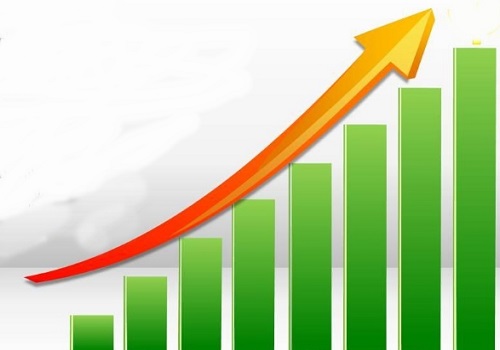

Tag News

Monthly Debt Market Update, September 2023: CareEdge Ratings





 320-x-100_uti_gold.jpg" alt="Advertisement">
320-x-100_uti_gold.jpg" alt="Advertisement">

